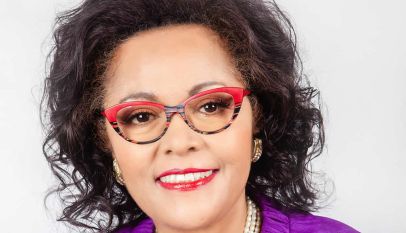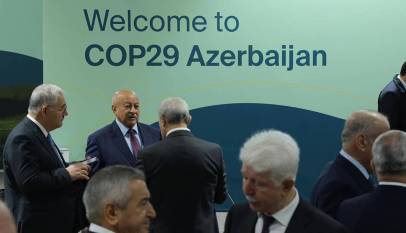Second Term: Implement Kano Education Trust Fund Law, advocacy group urges Ganduje
As Governor Abdullahi Ganduje is sworn in for a second term as governor of Kano state Wednesday, Kano Media Advocacy Group (KaMAG), a cluster of concerned journalists dedicated to advocacy for accountability, good governance, and improved service delivery, has called on the governor to, amongst others, ensure the implementation of the Kano State Education Trust Fund (KETFUND) Law of 2013.

It is worthy of recognition and commendation that Governor Ganduje had in his inaugural speech for his second term in office made a policy statement declaring free education from primary to tertiary levels for People With Disabilities (PWDs) in Kano State as well as approving subsidized tuition fee for all Kano indigenes studying across all Kano state-owned tertiary institutions.
“We wish to present to His Excellency Governor Abdullahi Ganduje, the following advocacy issues, on key areas of governance, which if implemented (during his second tenure) we believe, will bring about the desired dividends of democracy to the teeming Kano populace and more importantly, lead to sustainable development of our great state; implementation of the Kano Education Trust Fund Law (KETFUND); accent and implementation of the [draft] Teacher Policy; ensure compulsory and free girl-child education…,” said a press statement by KaMAG.
Like the Kano Health Trust Fund (KHETFUND) Law of 2017 which is aimed at ensuring sustainable healthcare financing in Kano state towards achieving Universal Health Coverage (UHC), the Kano Education Trust Fund Law (KETFUND) is aimed at achieving equitable and inclusive access to quality education for all, in accordance with Education 2030 Agenda of the Sustainable Development Goals (SDGs).
And whereas KHETFUND is being funded by 5% monthly deduction from the total revenue generated from taxation in the state and 1% of the total monthly statutory allocation of the 44 LGAs of state, amongst others, KETFUND is meant to be funded by 5% of the monthly Internally Generated Revenue (IGR) of the state government; 2% of the statutory allocation of each of the 44 Local Government Areas (LGAs) of the state, corporate and individual donations, as well as endowments, grants and subventions, amongst others.
With over 3 million out-of-school children (OOSC), Kano is doubtlessly the state with highest number of OOSC in Nigeria, and it is apparent that considering the humongous nature of the challenge in the education sector and paucity of government funds, the routine budgetary allocation to the education sector will never be able to sufficiently fund the critically-important sector in Kano Therefore, implementation of the KETFUND law could just be the only panacea for the series of challenges bedeviling the education sector in the state such as poor teacher quality, congestion in classrooms and inadequate teaching and learning materials.
It would also be recalled that Governor Ganduje had in 2017 set up a committee which drafted a Teacher Policy for the state; the policy is aimed at addressing key education sector challenges and covers issues as diverse as teachers’ attitude, behavior, motivation and incentives for keeping teachers interested in their job. Other issues to be addressed by the Policy are teacher deployment, quality assurance as well as professional development. However, the Teacher Policy is still yet to be accented to by the governor for implementation. Thus, both KETFUND and the Teacher Policy are worth the attention of Governor Ganduje, as he assumes office for a fresh term in Kano state.









